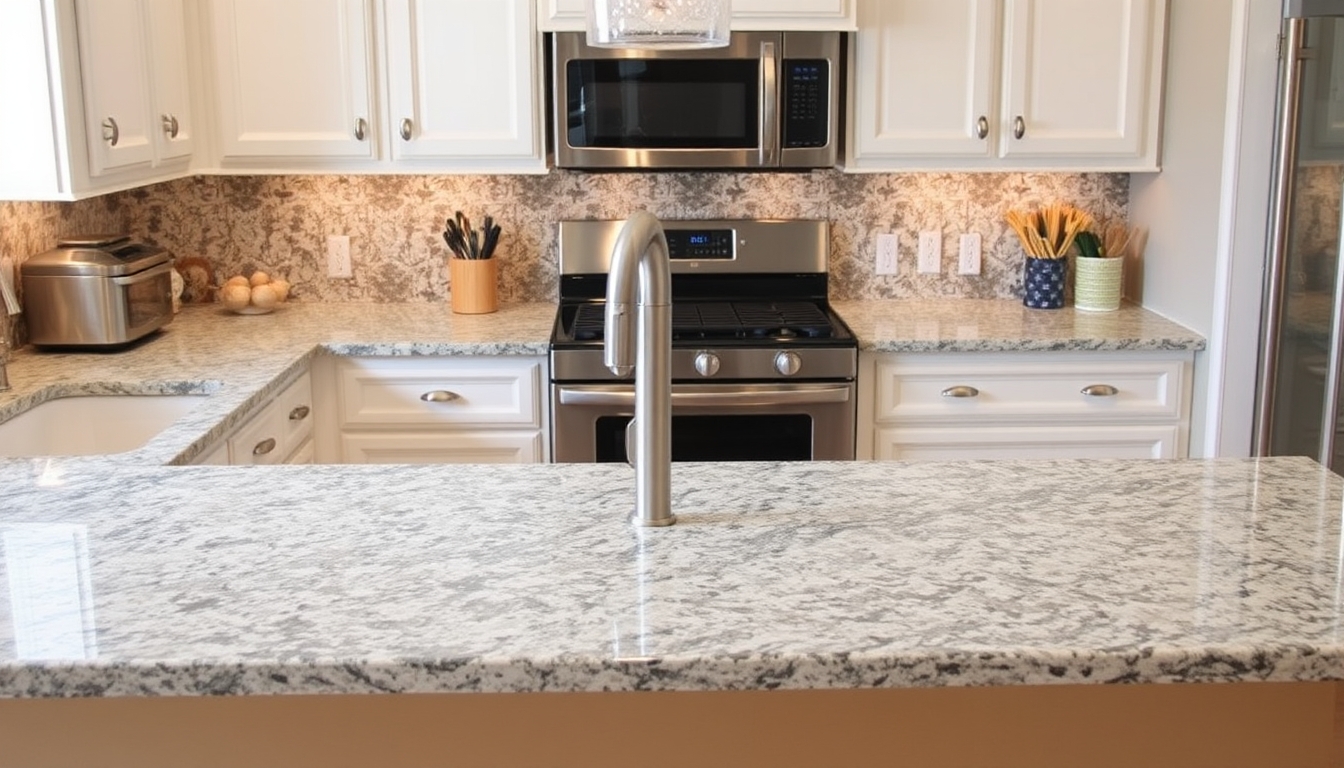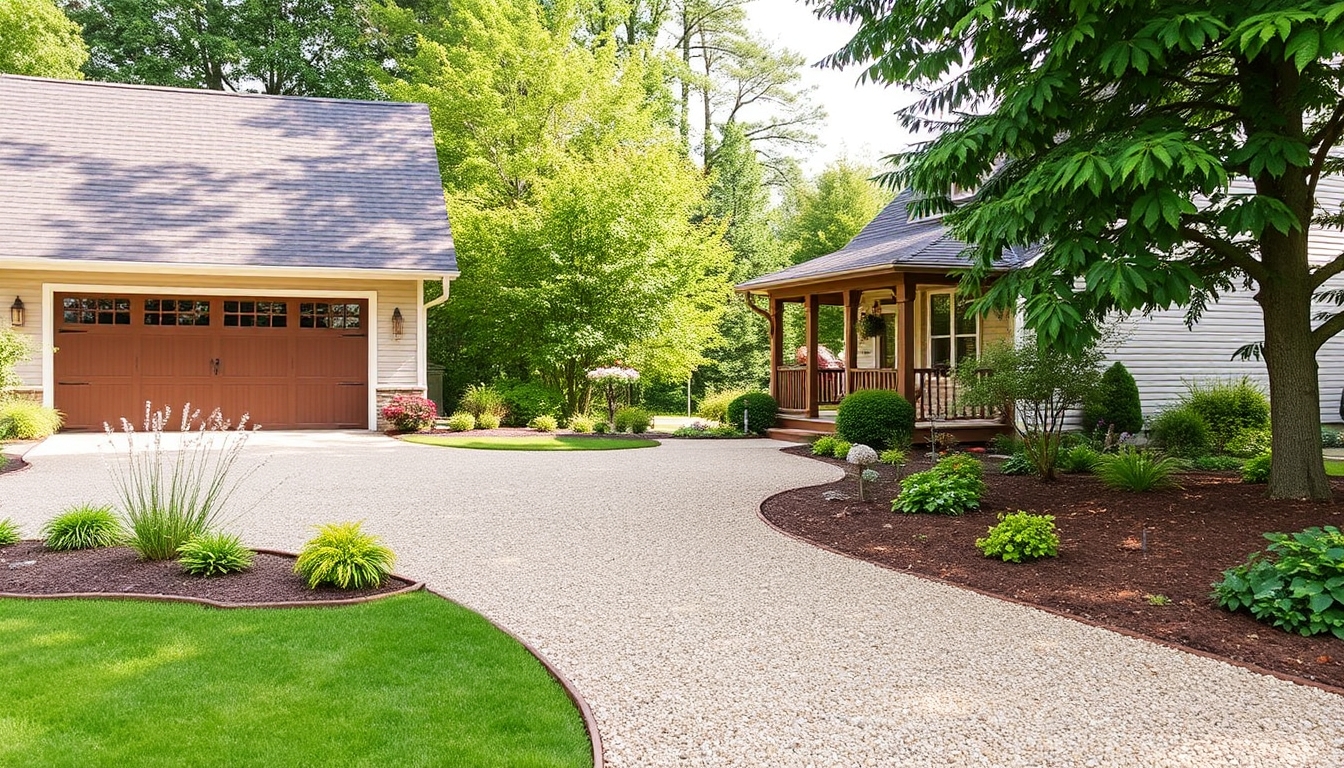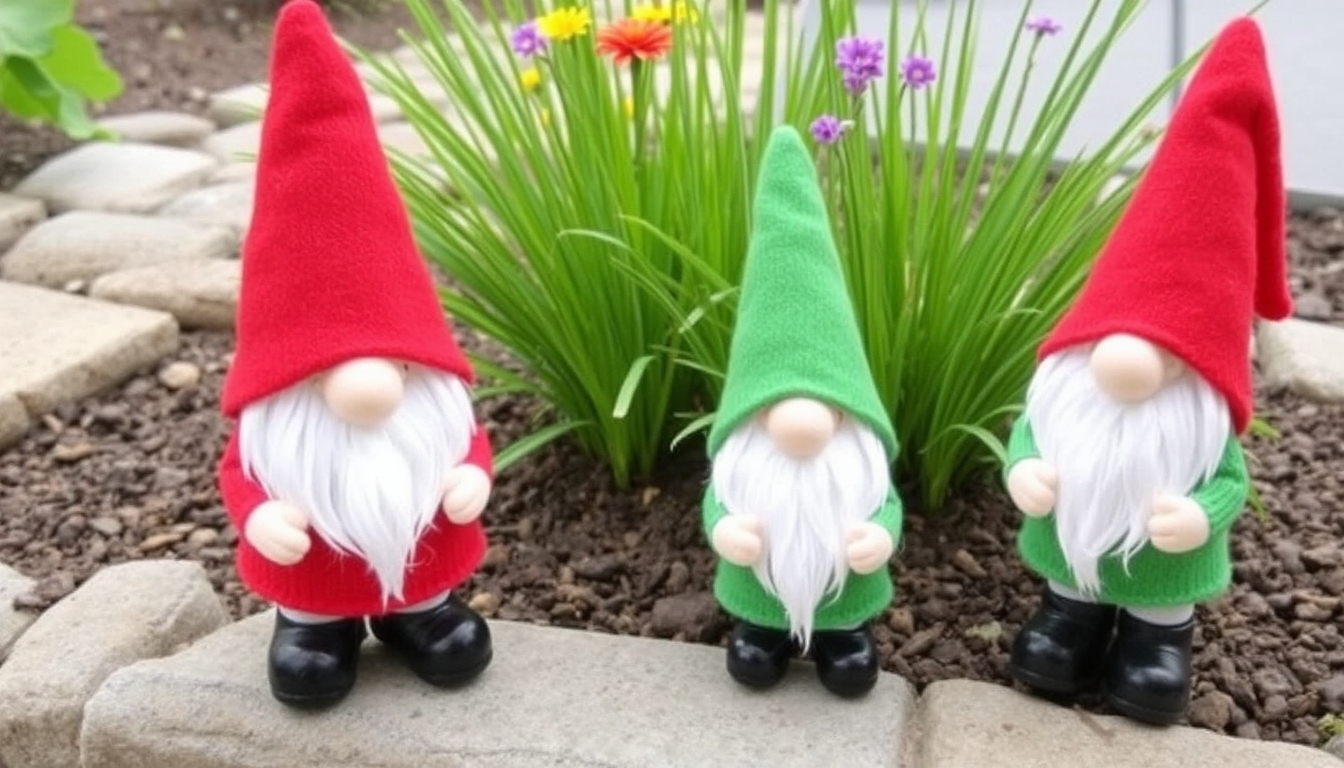Are you looking to transform your kitchen without breaking the bank? DIY countertops might be the perfect solution for you. In this comprehensive guide, we will walk you through the step-by-step process of creating stunning countertops on your own. From choosing the right materials to mastering the techniques, we’ve got you covered. Whether you’re a seasoned DIY enthusiast or a beginner, this article will equip you with all the knowledge you need to revamp your kitchen surfaces. Let’s dive in and discover the art of crafting beautiful countertops that will leave your guests in awe!
The Importance of DIY Countertops
Countertops are not only functional surfaces in our kitchens but also play a significant role in the overall aesthetic appeal of the space. While professionally installed countertops can be expensive, opting for a do-it-yourself approach can save you a substantial amount of money. Not only that, but DIY countertops also offer a unique opportunity to unleash your creativity and personalize your kitchen according to your taste.
By taking on the challenge of creating your own countertops, you have full control over the design, materials used, and the final outcome. You can experiment with various textures, colors, and finishes to match your kitchen’s theme and your personal style. Moreover, the satisfaction of completing a DIY project and having a handcrafted centerpiece in your kitchen is truly unparalleled.
1.1 Save Money Without Compromising Quality
One of the primary reasons people opt for DIY countertops is the cost-effectiveness it offers. With professional installation fees and the price of high-end materials, the price tag for new countertops can quickly add up. By choosing to do it yourself, you can significantly cut down on expenses without compromising the quality of the end result.
Additionally, by purchasing materials directly from suppliers or wholesalers, you can take advantage of bulk discounts and special offers. This allows you to acquire premium materials at a fraction of the cost, ensuring that your DIY countertops not only look fantastic but also stand the test of time.
1.2 Unleash Your Creativity
DIY countertops provide an excellent opportunity to showcase your creativity and express your unique style. Unlike pre-made countertops, which often come in limited designs and colors, DIY allows you to explore various options and tailor the countertops to your liking.
You can experiment with different materials such as granite, marble, concrete, or even repurposed materials like reclaimed wood or tiles. You have the freedom to choose the perfect combination of colors and patterns that harmonize with the rest of your kitchen decor. The possibilities are endless when it comes to designing and customizing your own countertops.
Choosing the Right Materials for DIY Countertops
When it comes to DIY countertops, selecting the right materials is crucial for achieving a durable and visually appealing result. Here are some popular options to consider:
2.1 Granite
Granite has long been a go-to choice for countertops due to its durability and natural beauty. It is resistant to scratches, heat, and stains, making it an ideal material for high-traffic kitchens. With a wide range of colors and patterns available, you can find the perfect granite slab to complement your kitchen design.
2.2 Concrete
Concrete countertops offer a modern and industrial look, perfect for contemporary kitchens. They are highly customizable, allowing you to play with different textures, finishes, and pigments. Although concrete requires sealing to prevent stains, it is a cost-effective option that can be poured and shaped to fit any kitchen layout.
2.3 Butcher Block
For a warm and rustic feel, butcher block countertops are an excellent choice. Made from solid wood, such as maple or oak, they provide a timeless appeal and are perfect for food preparation areas. However, they require regular maintenance and sealing to prevent damage from moisture and heat.
2.4 Laminate
Laminate countertops are a budget-friendly option that offers a variety of colors and patterns to suit any kitchen style. They are easy to clean and maintain, but they may be more susceptible to scratches and heat damage compared to other materials. However, with proper care, laminate countertops can last for many years.
2.5 Reclaimed Materials
If you’re looking for an eco-friendly and unique option, consider using reclaimed materials for your countertops. Materials such as salvaged wood, vintage tiles, or recycled glass can add character and charm to your kitchen. Keep in mind that working with reclaimed materials may require some extra effort in terms of cleaning, refinishing, and sealing.
Before making a decision, consider factors such as your budget, desired aesthetics, and maintenance requirements. It’s also essential to research each material’s pros and cons to ensure it aligns with your specific needs and preferences.
Essential Tools and Techniques for DIY Countertops
Before embarking on your DIY countertop project, it’s important to familiarize yourself with the necessary tools and techniques to ensure a successful outcome. Here are some essential tools and techniques to consider:
3.1 Measuring and Planning
Precision is key when it comes to DIY countertops. Start by measuring your existing countertops or the area where you plan to install new ones. Take accurate measurements and create a detailed plan, including the dimensions and any cutouts for sinks or appliances. This will help you determine the amount of materials needed and guide your installation process.
3.2 Surface Preparation
Proper surface preparation is crucial for ensuring a sturdy and long-lasting countertop. Depending on the material you choose, this may involve sanding, cleaning, and leveling the surface. Remove any existing countertops, repair any damaged areas, and ensure the surface is clean and free from debris before proceeding.
3.3 Cutting and Shaping
When working with materials like granite, concrete, or butcher block, you may need to cut and shape them to fit your desired dimensions. Invest in quality cutting tools such as a circular saw or a wet tile saw, depending on the material you’re working with. Follow safety precautions and use appropriate techniques to achieve clean and precise cuts.
3.4 Joining and Seaming
If your countertop design requires multiple sections or includes seams, it’s important to ensure proper joining and seaming. Use strong adhesive or specialized joining techniques recommended for the chosen material to create seamless connections. Take extra care to align the sections accurately and use clamps or supports during the curing process.
3.5 Finishing and Sealing
To enhance the appearance and durability of your DIY countertops, proper finishing and sealing are essential. Depending on the material, this may involve sanding, polishing, or applying protective coatings. Follow manufacturer instructions for the specific material to achieve the desired finish and ensure long-term protection against stains, moisture, and heat.
By equipping yourself with the necessary tools and mastering these techniques, you’ll be well-prepared to tackle your DIY countertop project with confidence and achieve professional-looking results.
DIY Countertop Maintenance and Care
Once you’ve successfully installed your DIY countertops, proper maintenance and care are crucial to ensure their longevity and keep them looking their best. Here are some essential tips:
4.1 Regular Cleaning
Regular cleaning is key to maintaining the beauty and hygiene of your countertops. Use a mild, non-abrasive cleaner and a soft cloth or sponge to wipe away any spills or debris. Avoid harsh chemicals or abrasive scrubbers that can damage the surface. For specific materials, follow manufacturer guidelines for the recommended cleaning products and techniques.
4.2 Avoiding Heat and Impact Damage
Protect your DIY countertops from heat damage by using trivets or hot pads under hot pots, pans, or cooking utensils. Avoid placing hot items directly on the surface, as extreme temperature changes can cause cracks or discoloration. Similarly, avoid dropping heavy objects or using sharp utensils directly on the countertops to prevent chipping or scratching.
4.3 Sealing and Re-sealing
Many countertop materials, such as granite or concrete, require periodic sealing to maintain their stain resistance and durability. Follow the manufacturer’s instructions for the recommended sealing frequency and products. Regularly inspect your countertops for signs of wear or damage, and re-seal them as needed to ensure maximum protection.
4.4 Preventing Stains and Spills
While some materials are more resistant to stains than others, it’s crucial to clean up spills promptly to prevent potential staining. Wipe away any liquids, oils, or acidic substances that may come into contact with the countertops. Consider using cutting boards and coasters to minimize the risk of stains or etching from common household items.
4.5 Routine Inspections
Make it a habit to regularly inspect your DIY countertops for any signs of damage or wear. Check for cracks, chips, or any loose sections. Address any issues promptly to prevent further damage and ensure the longevity of your countertops. If necessary, seek professional assistance for repairs or maintenance.
By following these maintenance tips and adopting a proactive approach, you can enjoy your beautiful DIY countertops for years to come, keeping them in pristine condition and preserving their value.
Conclusion: Embrace the DIY Countertop Journey
Embarking on a DIY countertop project can be a rewarding experience that allows you to unleash your creativity and save money in the process. By carefully selecting the right materials, mastering essential techniques, and following proper maintenance, you can achieve stunning and durable countertops that enhance the beauty of your kitchen.
Remember, the key to a successful DIY project lies in thorough planning, attention to detail, and patience. Take the time to research and gather inspiration, consult experts when needed, and always prioritize safety throughout the process.
Whether you choose granite, concrete, butcher block, laminate, or reclaimed materials, the possibilities for creating unique and personalized countertops are endless. Let your imagination soar, and enjoy the sense of accomplishment that comes with transforming your kitchen with your own hands.
So, why wait? Embrace the DIY countertop journey and unleash your inner designer. With proper planning, the right tools, and a dash of creativity, you’ll be amazed at what you can achieve. Get ready to impress your family and friends with stunning, custom-made countertops that reflect your style and add value to your home!
FAQs About DIY Countertops
Still have some questions about DIY countertops? Check out these frequently asked questions for more insights:
6.1 Is DIY countertop installation difficult?
While DIY countertop installation may require some skill and patience, it is not inherently difficult. With proper planning, research, and following step-by-step instructions, you can successfully complete the project.
6.2 Which countertop material is the easiest to work with?
Laminate countertops are generally considered the easiest to work with due to their lightweight nature and simple installation process. They are a popular choice for beginners or those looking for a budget-friendly option.
6.3 Can I install DIY countertops over existing ones?
In many cases, it is possible to install DIY countertops over existing ones. However, it is important to assess the condition of the current countertops and ensure they provide a suitable surface for installation. Consulting with professionals or experts can help determine the feasibility of this approach.
6.4 How long does it typically take to complete a DIY countertop project?
The duration of a DIY countertop project can vary depending on factors such as the complexity of the design, the chosen materials, and your level of experience. It can range from a few days to a couple of weeks, considering drying or curing times for certain materials.
6.5 Can I achieve professional-looking results with DIY countertops?
Absolutely! With careful attention to detail, proper techniques, and quality materials, you can achieve professional-looking results with DIY countertops. Take your time, follow instructions meticulously, and don’t hesitate to seek guidance when needed.
Hopefully, these FAQs have provided you with the answers you were seeking. Remember, DIY countertops can be a fun and rewarding project that allows you to add a personal touch to your kitchen while saving money in the process.
Now, it’s time to unleash your creativity, get your tools ready, and embark on the journey of transforming your kitchen with stunning DIY countertops!
Expert Tips for Successful DIY Countertops
Ready to tackle your DIY countertop project? Here are some expert tips to help ensure a successful outcome:
7.1 Plan and Research Thoroughly
Before diving into your DIY countertop project, take the time to plan and research thoroughly. Understand the specific requirements of your chosen material, gather inspiration, and create a detailed plan. This will help you avoid costly mistakes and ensure a smoother installation process.
7.2 Invest in Quality Tools and Materials
Investing in quality tools and materials is crucial for achieving professional-looking results. While it may seem tempting to cut costs, using subpar tools or materials can compromise the durability and aesthetics of your countertops. Opt for reliable brands and consult experts for recommendations.
7.3 Take Accurate Measurements
Precision is key when it comes to DIY countertops. Take accurate measurements of your space, including cutouts for sinks or appliances. Double-check your measurements to avoid costly errors and ensure a perfect fit during installation.
7.4 Practice Proper Safety Measures
Always prioritize safety throughout your DIY countertop project. Wear appropriate protective gear, follow safety guidelines for handling tools and materials, and work in a well-ventilated area. If you’re unsure about any aspect of the project, consult professionals for guidance.
7.5 Seek Guidance When Needed
Don’t hesitate to seek guidance or assistance when needed. DIY countertops can be challenging, especially if you’re new to the process. Consult experts, watch tutorials, or join online communities to learn from others’ experiences and gain valuable insights.
7.6 Take Your Time and Be Patient
Rome wasn’t built in a day, and neither will your DIY countertops. Take your time, follow each step carefully, and be patient throughout the process. Rushing or cutting corners can lead to mistakes and compromise the quality of your work.
By following these expert tips, you’ll be well-equipped to embark on your DIY countertop project with confidence. Remember, it’s a journey that requires careful planning, attention to detail, and a willingness to learn. Enjoy the process, embrace any challenges, and celebrate the satisfaction of creating beautiful countertops with your own hands!
The Benefits of DIY Countertops
Choosing to embark on a DIY countertop project offers numerous benefits that go beyond cost savings. Here are some key advantages of taking the DIY route:
8.1 Cost Savings
One of the primary reasons people opt for DIY countertops is the significant cost savings. By eliminating the need for professional installation, you can allocate more of your budget towards high-quality materials, resulting in a more luxurious end result without breaking the bank.
8.2 Customization and Personalization
DIY countertops provide the opportunity to fully customize and personalize your kitchen space. From selecting unique materials and colors to designing intricate patterns or shapes, you have complete control over the final look. This level of customization allows you to create a kitchen that reflects your individual style and taste.
8.3 Sense of Accomplishment
Completing a DIY countertop project can be incredibly rewarding. The sense of accomplishment and pride that comes from creating a functional and aesthetically pleasing centerpiece for your kitchen is unparalleled. Every time you use your countertops, you’ll be reminded of the hard work and dedication you put into the project.
8.4 Learning and Skill Development
Embarking on a DIY countertop project is an excellent opportunity to learn new skills and expand your knowledge. From understanding different materials and their properties to mastering techniques such as cutting, shaping, and joining, you’ll gain valuable hands-on experience that can be applied to future projects.
8.5 Flexibility and Adaptability
DIY projects allow for flexibility and adaptability throughout the process. You can adjust your plans and designs as you go, accommodating any unforeseen challenges or changes in preferences. This flexibility empowers you to make on-the-spot decisions and ensures that the final outcome meets your vision.
By embracing the benefits of DIY countertops, you not only save money but also create a unique and personalized space that reflects your style and showcases your craftsmanship. So, why not take the plunge and embark on this exciting DIY adventure?
In conclusion, DIY countertops offer a cost-effective and creative solution to transform your kitchen. By choosing the right materials, mastering essential techniques, and following proper maintenance, you can achieve stunning and durable countertops that enhance the beauty of your space. The satisfaction of completing a DIY project and having a handcrafted centerpiece in your kitchen is truly unparalleled. With careful planning, quality tools, and a dash of creativity, you can create professional-looking countertops that reflect your style and add value to your home.
From the cost savings to the customization options, DIY countertops provide numerous benefits that go beyond just aesthetics. You have the opportunity to unleash your creativity, learn new skills, and experience the sense of accomplishment that comes from creating something with your own hands. So, whether you’re a seasoned DIY enthusiast or a beginner, don’t be afraid to take on the challenge of DIY countertops. Embrace the journey, enjoy the process, and revel in the beauty of your handcrafted kitchen surfaces.
Now that you have a comprehensive understanding of DIY countertops, it’s time to gather inspiration, plan your project, and get started. Remember to prioritize safety, take your time, and seek guidance when needed. With the right mindset and a willingness to learn, you’ll be amazed at the incredible results you can achieve. So, unleash your creativity, and embark on this exciting DIY adventure today!





